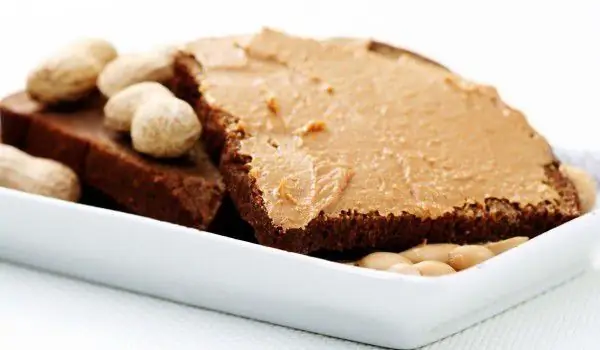2025 Author: Jasmine Walkman | [email protected]. Last modified: 2025-01-23 10:18
A recent study shows that daily consumption of tomato juice can reduce the risk of breast cancer. American experts claim that one glass of tomato juice a day contains enough of the substance lycopene. It is believed that it can protect against insidious disease.
According to scientists, the red vegetable drink, and in particular the lycopene it contains, helps produce the hormone adiponectin. In turn, high levels of adiponectin can protect us from the terrible disease.
If you do not like to drink tomato juice, you can always replace it with tomato sauce or tomato soup, even with ketchup to put on spaghetti, scientists remind. Lycopene is a red pigment that gives tomatoes their characteristic color. In addition to tomatoes, it is also found in watermelon, pink grapefruit, guava, asparagus, rose hips, apricots and more.
Lycopene is better absorbed by the body if the tomatoes are cooked with fat. Cooking does not destroy the lycopene in vegetables. Researchers at Rutgers University studied 70 women - they examined their hormone levels, and then ordered them to drink tomato juice for about ten weeks.

All the women in the study were over 55 years old. In addition, each of these women was overweight or had relatives who had the insidious disease. The lycopene contained in a glass of tomato juice actually increased the levels of the hormone adiponectin by as much as 9 percent, the results show.
Adiponectin regulates fat levels as well as overweight, and they actually increase the risk of breast cancer, scientists remind us. In weak women who took part in the study, hormone levels increased the most.
Previous research has shown that eating vegetables and fruits containing lycopene reduces the risk of more than just breast cancer. The risk of prostate cancer, cervical cancer and pancreatic cancer is significantly lower.
Recommended:
Peanut Butter Protects Against Breast Cancer

Regular consumption of peanut butter reduces the risk of breast cancer by 39%. This was found by a research team from the Washington University School of Medicine in St. Louis and Harvard Medical School. Scientists have found a link between peanut butter and the occurrence of breast cancer in 15-year-old girls and launched a large-scale experiment on this topic.
Tomato Juice Not Only Against A Hangover

Tomato juice is recommended not only for hangovers, but also healthy. Scientists from Canada have found that two glasses of tomato juice a day strengthens bones and protects against osteoporosis, the English newspaper "Daily Mail" reported.
Tomato Juice Against Obesity

Fruit and vegetable juices are invaluable and useful. On top of that, they are incredibly delicious and refreshing. Unless you have a doctor's recommendation to avoid fresh fruits from certain gifts of nature, feel free to drink freshly squeezed juice at any time of the day.
Coffee Protects Against Breast Cancer

Here is another useful property for your favorite morning coffee, dear ladies! Women who drink the most popular hot drink in the world are protected from an aggressive form of breast cancer. The conclusion was made by Swedish scientists, who reassure that women who regularly drink the black drink are much less likely to develop negative estrogen-receptor breast cancer.
Foods That Protect Against Breast Cancer

The number of women suffering from breast cancer is increasing. For safer prevention of insidious disease, read the following article. In addition to regular checkups, your daily menu can also protect you from breast cancer. Include lots of green and leafy vegetables in your diet.

